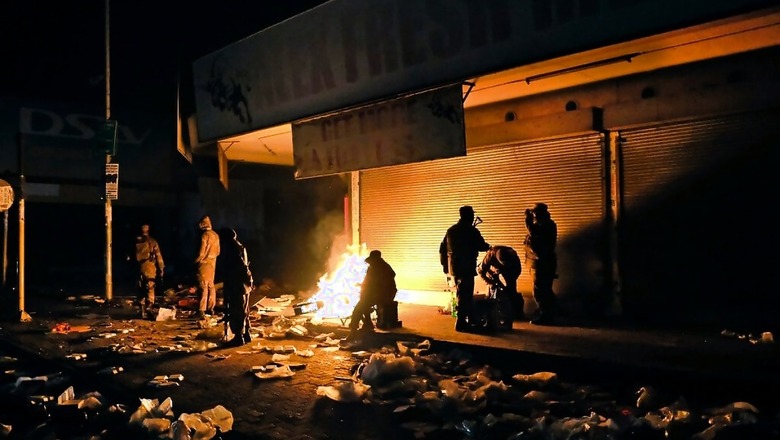
views
South Africa is facing its most serious crisis since white-minority rule ended in 1994. Violence and looting triggered by the jailing of ex-president Jacob Zuma have claimed 72 lives and dealt a blow to a sickly economy. Protests that followed Zuma’s arrest last week for failing to appear at a corruption inquiry have widened into looting and an outpouring of general anger over the hardship and inequality that persist 27 years after the end of apartheid. Poverty has been exacerbated by severe social and economic restrictions aimed at blocking the spread of Covid-19. News18 takes a look at what is driving the violence, its impact on businesses and infrastructure and why the country is burning.
The Apartheid history
The race-based system of apartheid that favoured the white minority over the black majority became official government policy in 1948. The African National Congress (ANC) was founded in 1912 to defend the interests of the black majority. It was banned in 1960 after the Sharpeville massacre where 69 demonstrators were killed by the police. Its top leaders were locked up in 1964.
In 1976 the crackdown on the uprising in the Soweto township left hundreds dead. The international community took sanctions against the white regime. ANC leader Nelson Mandela, who had spent 27 years in jail for his efforts to overthrow apartheid, became South Africa’s first black president in 1994 after the ANC’s victory in the first multiracial elections.
ANC infighting
Mandela’s release from prison in 1990 heralded a new dawn for South Africa, stoking hopes of democracy, prosperity and equal opportunity. The veteran campaigner stepped down in 1999, leaving the ANC the dominant player on South Africa’s political stage but bogged down in political and graft scandals.
The party’s internal crisis peaked in 2018 when Jacob Zuma was forced to step down from the presidency after nine years in office. His successor Cyril Ramaphosa promised to stamp out corruption, but has struggled to overcome resistance from Zuma loyalists and grassroots ANC members.
After Zuma last week began a jail sentence for refusing to testify to an anti-corruption commission, protests snowballed into looting.
Zuma’s jailing
The unrest started after former President Jacob Zuma handed himself over last week to start a 15-month prison sentence for contempt of court. Zuma supporters, who believe he is the victim of a political witch-hunt, burned tyres and blocked roads in his home province of KwaZulu-Natal. Support for Zuma stems partly from his image as a man of the people during his nine years in power until 2018, and because some see his jailing as an attack on the nation’s largest ethnic group, the Zulu.
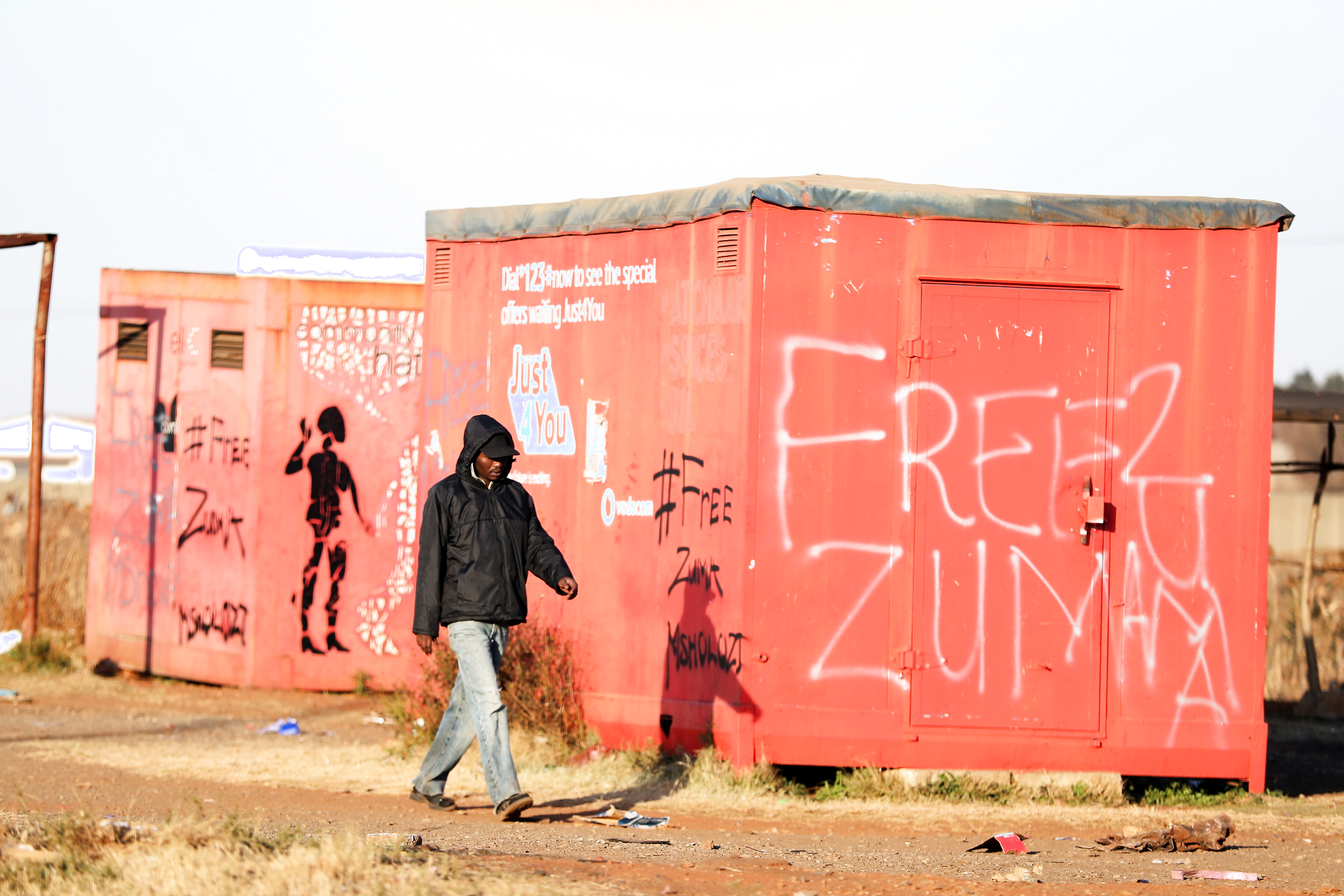
A man walks past a graffiti with the words “Free Zuma” as the country deploys army to quell unrest linked to the jailing of former South African President Jacob Zuma. (Reuters)
Although many wealthy and middle-class South Africans were overjoyed when Zuma was ousted after multiple sleaze and graft allegations, he still retains loyal followings in KwaZulu-Natal and some poor, rural areas. His support among the population mirrors a division within the governing African National Congress (ANC), where a pro-Zuma faction opposes his successor President Cyril Ramaphosa.
Widespread violence, looting hit south africa
Such was the severity of the situation that the Nedbank banking group had to announce the closure of all its branches across South Africa. Afrox, the country’s largest oxygen production centre, was also affected by the violence. Local media are also reporting damage to factories and key supply routes.
In the township of Alexandra in Gauteng province, rioters did not even spare the Alex FM radio station which has been serving the local community for 27 years. According to reports, thieves broke into the radio station in the middle of the night and stole equipment worth 5 million rand (USD 350,000).
Looting continued on Tuesday in shopping malls in Johannesburg, including Jabulani Mall and Dobsonville Mall in Soweto. Officials said warehouse distribution centres were targeted in Durban, which is the port through which 90 per cent of South Africa’s imports move inland.
People are fanning the violence with inflammatory comments and social media posts, security officials say. Two people drawing criticism are a spokesman for Zuma’s charitable foundation, Mzwanele Manyi, who attributed some early acts of violence to “righteous anger”, and Zuma’s daughter Duduzile.
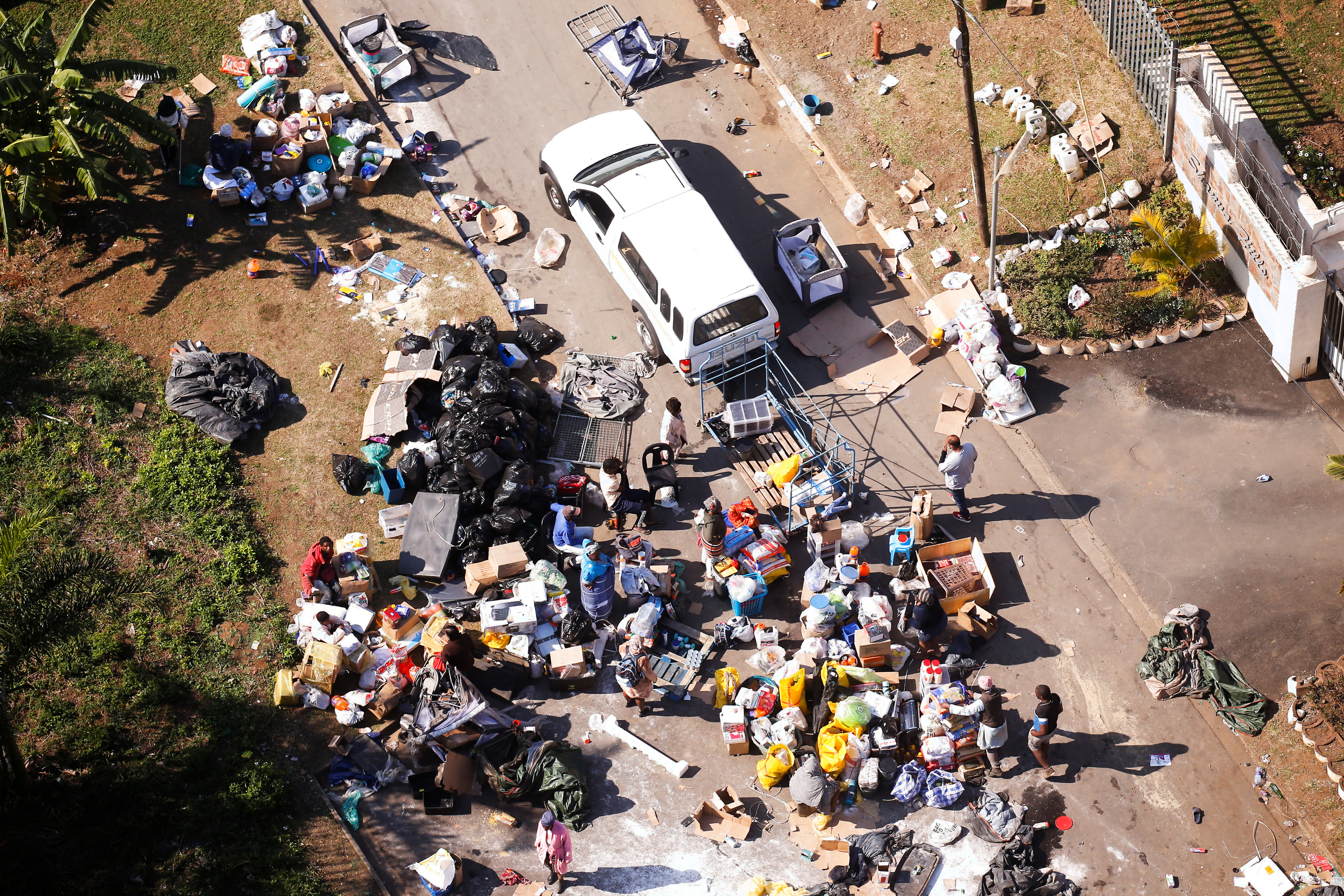
People loot an area near a burning warehouse after violence erupted following the jailing of former South African President Jacob Zuma. (Reuters)
Counting the losses
Many of South Africa’s small, medium-sized and micro enterprises (SMME) are not insured, compounding any attempts of recovery of those damaged in the unrest. A survey done by the Small Business Institute (SBI), revealed last year that as many as 55,000 SMMEs may not make it through the COVID-19 pandemic. With the unrest, the number was expected to rise, SBI Chief Executive John Dludlu told Reuters.
More than 200 malls have been looted or destroyed and over 600 stores burnt or damaged thus far, the South African Property Owners Association said on Wednesday. The liquor industry said more than 200 liquor shops have been looted in Kwa-Zulu Natal and Gauteng provinces, which are the most affected by the unrest. Bigger businesses like clothing retailer Mr Price were forced to temporarily shut hundreds of stores after being entirely looted, with some malls also shutting their doors.
Bringing in the troops
South Africa plans to deploy up to 25,000 soldiers in two provinces where security forces are struggling to quell days of looting, arson and violence, its defence minister told a parliamentary committee on Wednesday, according to local news channel eNCA.
A military surge of that size would increase tenfold the number of soldiers deployed in the hot spots of KwaZulu-Natal and Gauteng provinces, where the police and army have been battling unrest for days.
Economic inequalities
Three decades after the abolition of apartheid, South Africa remains a two-speed economy with one of the highest inequality rates in the world, the World Bank says. Three out of five live in poverty.
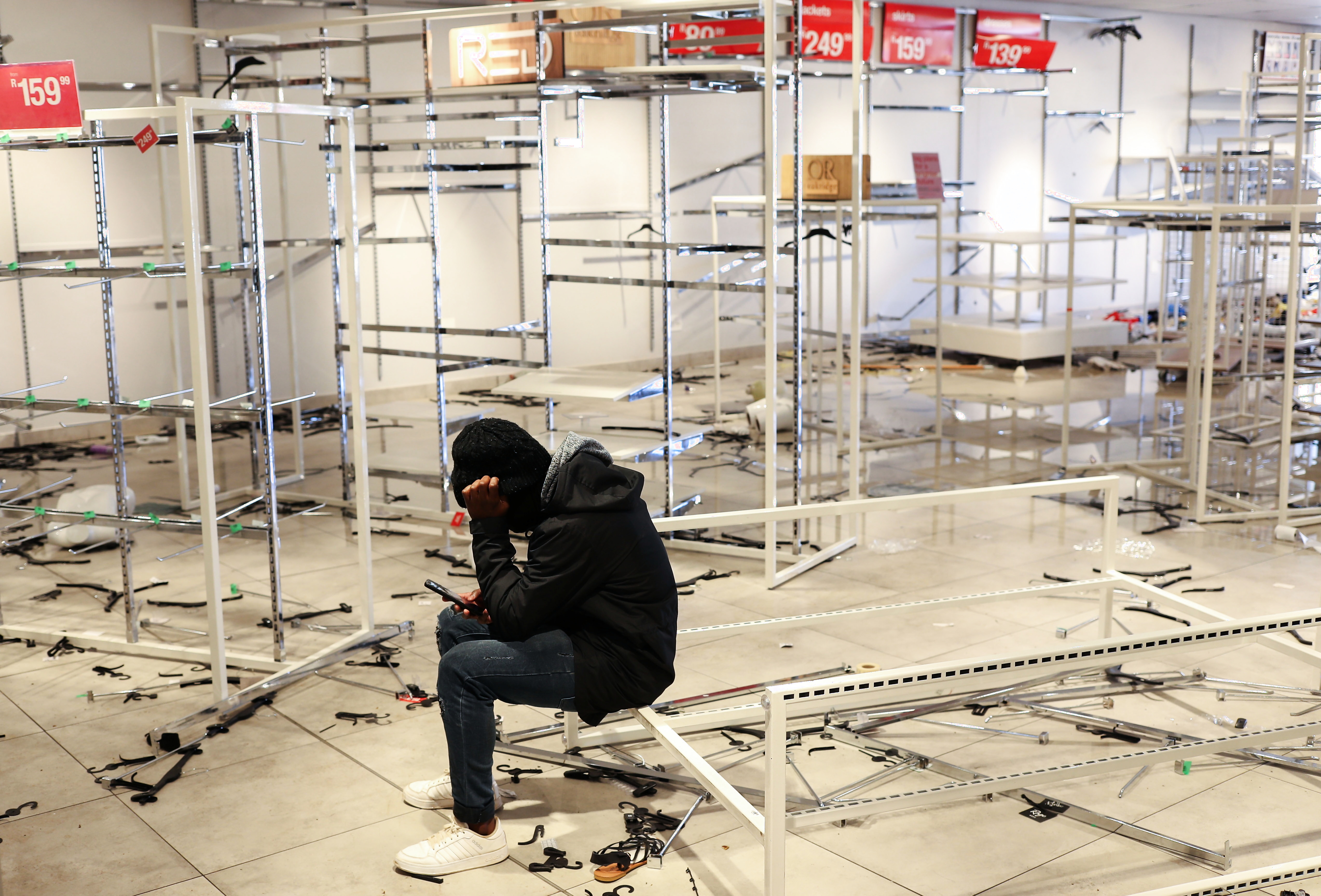
A worker sits at a looted shop as the country deploys army to quell unrest linked to jailing of former President Jacob Zuma in South Africa. (Reuters)
Businesses remain mainly owned by whites, who make up only around nine percent of the working population. Most of South Africa’s arable land remains in the hands of white farmers. It is one of the most violent countries in the world with a rate of 35.8 homicides for 100,000 inhabitants.
Covid impact
The continent’s most industrialised economy, South Africa was already in recession when the government in March 2020 imposed one of the strictest coronavirus lockdowns in the world, slowing the spread of the virus but also economic prospects. The economy contracted by seven percent last year, plunging two million more people into poverty, according to the World Bank.
The unemployment rate hit a record level of 32.6 percent in the first quarter of 2021. Two young people out of three are out of a job.
India keeps an eye
Worried over reports of violence against Indian-origin people in South Africa, New Delhi on Wednesday reached out to President Cyril Ramaphosa’s government, which assured it that the attacks were not racially motivated. External Affairs Minister S Jaishankar spoke to South African Foreign Minister Naledi Pandor over phone. Sanjay Bhattacharya, secretary at the Ministry of External Affairs (MEA), also had a meeting with the High Commissioner of South Africa to India, Joel Sibusiso Ndebele, in New Delhi.
Among areas affected by the rioting are Durban, Pietermaritzburg and Johannesburg, all of which have a sizeable population of Indian expats. Reports are also coming of businesses owned by Indians and Indian-origin South Africans being targeted by looters.
Read all the Latest News, Breaking News and Coronavirus News here.












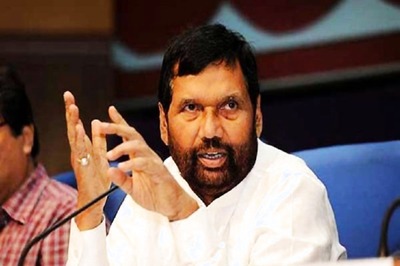




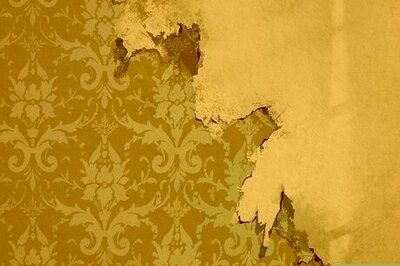


Comments
0 comment